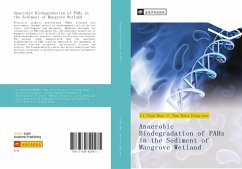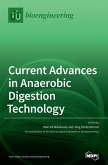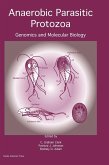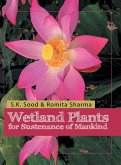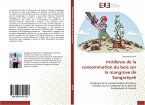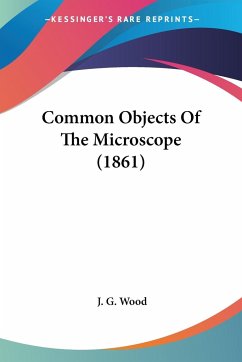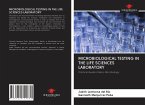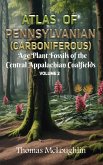Polycyclic aromatic hydrocarbons (PAHs) released into environment through natural or anthropogenic activities are toxic, carcinogenic and mutagenic. Mangrove wetlands are susceptible to PAH contamination. The anaerobic properties of mangrove sediments will directly affect the PAH contamination and biodegradation; however, studies in this area are limited. The present study demonstrated that the anaerobic biodegradation of PAHs could be improved by the amendment of different electron acceptors, particularly nitrate and sulfate. The biodegradation course was better understood than previous researches as both biological and chemical parameters were monitored.

